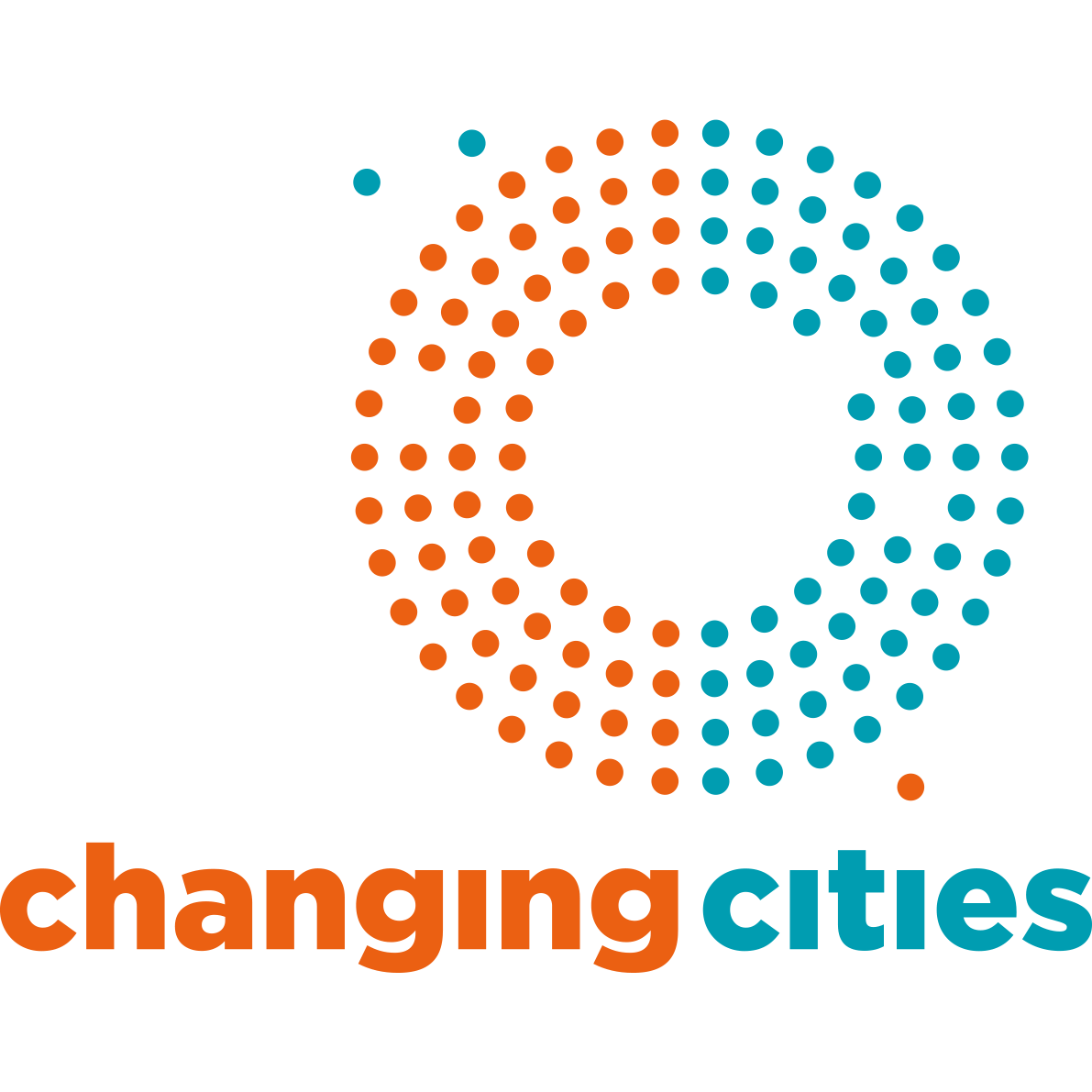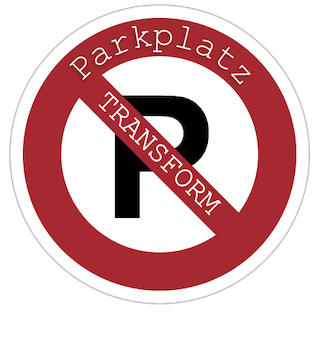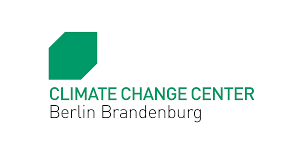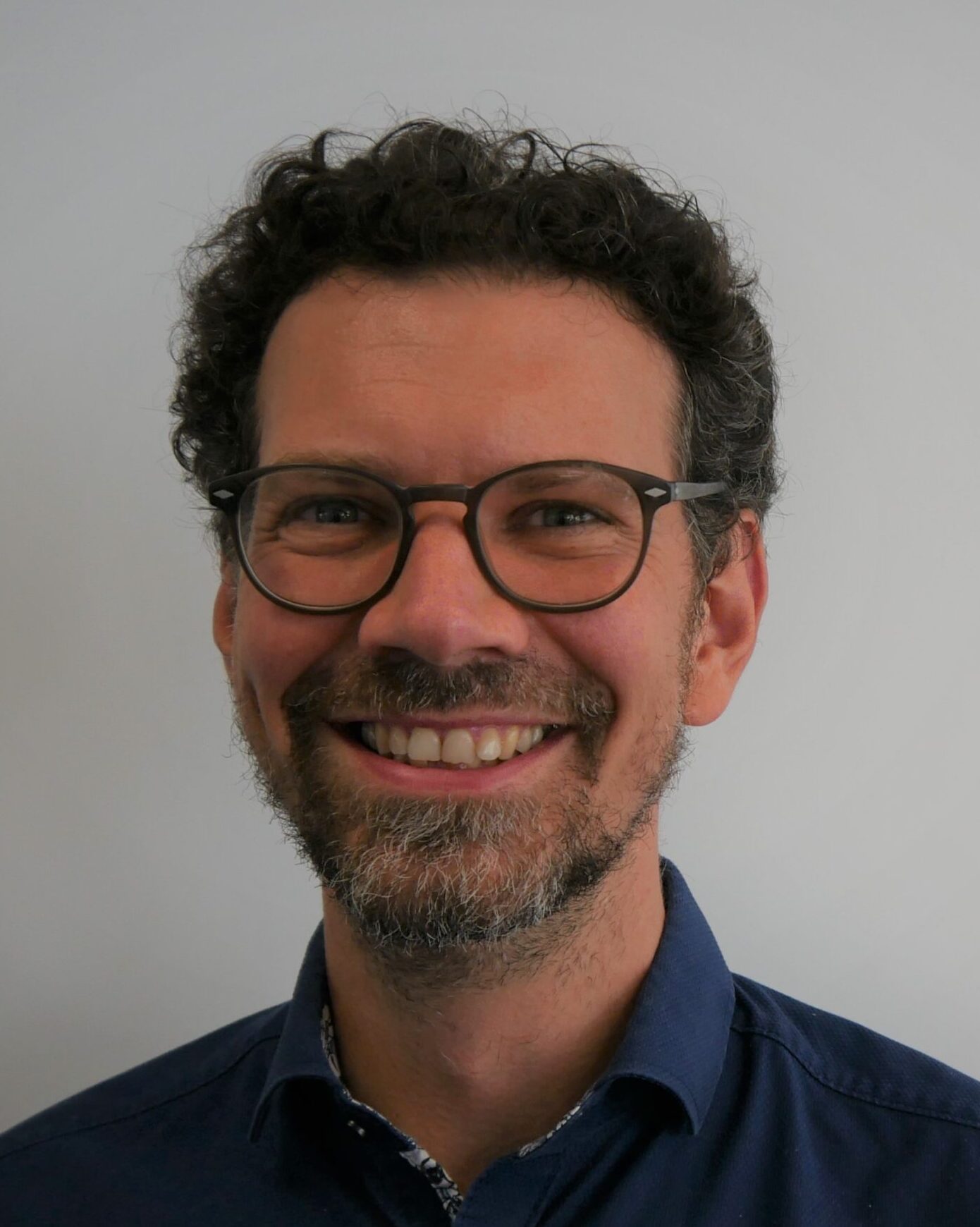
HyRECA – Study on the production potential of green hydrogen in Central Asia and establishment of a research network
16. January 2023Development of a location tool to determine the charging location of electric vehicles (Schiel 2022)
25. January 2023FAIRberlin: Feminist and Inclusive Research for Climate-Friendly Mobility in Berlin

In the research project "Feminist and Inclusive Research for Climate-Friendly Mobility in Berlin" (FAIRberlin), RLI scientists are working on the just transformation of the mobility sector in Berlin focusing on inclusion, socially vulnerable groups, and transdisciplinarity. Together with partner organizations, the project team is researching gender-specific differences in the distribution of transport volumes among different modes or means of transport (modal split) and in mobility preferences to derive recommendations for a more just transport system.
Closing data gaps for a feminist and inclusive future of mobility
For a just transition of the mobility system in Berlin, a focus on inclusion and socially vulnerable groups is needed. Yet, there have been, to date, few robust data analyses on women and other socially vulnerable groups' mobility patterns, mobility needs and lived experiences. The project team intends to close the gendered data gap so that planning, design, operation, and experience of transportation and mobility are inclusive and equitable. In addition to theoretical perspectives on gender studies and urban transition, the role of gender in the mobility transition will be explored through insights from real life experiences.
Multilayered data collection of actual experiences: lived experiences
The researchers are collecting new data by surveying people on site, for example in daycare centers, as well as through workshops and interviews with experts from areas such as research, politics and transportation services. The focus is on information about mobility patterns, means of transport used, mobility needs and restrictions, and perceptions of existing mobility services and infrastructure. The actual experienced gender-specific needs and patterns of women and socially vulnerable groups in Berlin are recorded in a multi-layered way.
Findings for a socially just mobility transition
The new findings will enable policymakers, scientists and representatives of civil society and the greater public for example, to make mobility transition more socially just. The project group will derive concrete concrete and meaningful recommendations for action on this basis.
Project duration: January 2023 - December 2023
Closing data gaps for a feminist and inclusive future of mobility
For a just transition of the mobility system in Berlin, a focus on inclusion and socially vulnerable groups is needed. Yet, there have been, to date, few robust data analyses on women and other socially vulnerable groups' mobility patterns, mobility needs and lived experiences. The project team intends to close the gendered data gap so that planning, design, operation, and experience of transportation and mobility are inclusive and equitable. In addition to theoretical perspectives on gender studies and urban transition, the role of gender in the mobility transition will be explored through insights from real life experiences.
Multilayered data collection of actual experiences: lived experiences
The researchers are collecting new data by surveying people on site, for example in daycare centers, as well as through workshops and interviews with experts from areas such as research, politics and transportation services. The focus is on information about mobility patterns, means of transport used, mobility needs and restrictions, and perceptions of existing mobility services and infrastructure. The actual experienced gender-specific needs and patterns of women and socially vulnerable groups in Berlin are recorded in a multi-layered way.
Findings for a socially just mobility transition
The new findings will enable policymakers, scientists and representatives of civil society and the greater public for example, to make mobility transition more socially just. The project group will derive concrete concrete and meaningful recommendations for action on this basis.
Project duration: January 2023 - December 2023
In this project, RLI assumes the following tasks:
- Consortium management and coordination of work packages
- Stakeholder involvement and coordination
- Comprehensive analysis of existing data sets and identification of data gaps
- Identify points of interest for socially vulnerable groups via stakeholder consultation
- Quantitative data collection through field surveys of lived experiences
- Qualitative data collection through workshops with experts and focus group discussions
- Infrastructure and transport service mapping
- Analysis of existing CSOs & initiatives and best practices
- Open-access publication of tools, data and scientific papers











